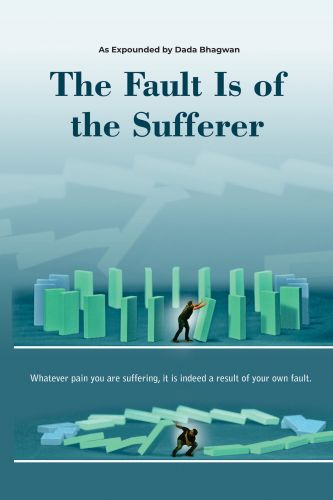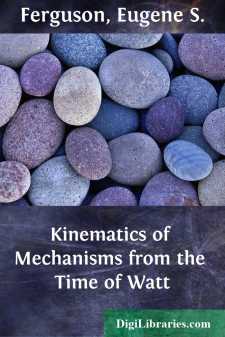Categories
- Antiques & Collectibles 13
- Architecture 36
- Art 48
- Bibles 22
- Biography & Autobiography 815
- Body, Mind & Spirit 144
- Business & Economics 28
- Children's Books 18
- Children's Fiction 14
- Computers 4
- Cooking 94
- Crafts & Hobbies 4
- Drama 346
- Education 58
- Family & Relationships 59
- Fiction 11835
- Games 19
- Gardening 17
- Health & Fitness 34
- History 1378
- House & Home 1
- Humor 147
- Juvenile Fiction 1873
- Juvenile Nonfiction 202
- Language Arts & Disciplines 89
- Law 16
- Literary Collections 686
- Literary Criticism 179
- Mathematics 13
- Medical 41
- Music 40
- Nature 180
- Non-Classifiable 1768
- Performing Arts 7
- Periodicals 1453
- Philosophy 65
- Photography 2
- Poetry 896
- Political Science 203
- Psychology 44
- Reference 154
- Religion 515
- Science 126
- Self-Help 85
- Social Science 83
- Sports & Recreation 34
- Study Aids 3
- Technology & Engineering 60
- Transportation 23
- Travel 463
- True Crime 29
Our website is made possible by displaying online advertisements to our visitors.
Please consider supporting us by disabling your ad blocker.
A Stake in the Land
Categories:
Description:
Excerpt
INTRODUCTION
Students of economics know that the roundabout methods of capitalistic production are far more fruitful than the direct methods of the primitive economy. As we advance, we introduce new intermediaries between the beginning and the end of production. This thought occurs to one in the study of Americanization. If we would Americanize the immigrant we must seek him out in his daily economic life and see to it that the influences under which he works are calculated to give him the right feeling toward his new home. A large part of our waking life is spent in gaining a livelihood, and our work brings with it most of our associations. School and church have their place for young and old, and they likewise must be considered. Their effect is direct and immediate and is more likely to attract attention than are the elements making up the economic life.
Doctor Speek has done well in taking up the immigrant as a settler in the newer and developing parts of our country. The settlers are very largely immigrants who are trying to acquire a home and livelihood on the land. The writer of this Introduction has been studying this same subject for many years, and has done so in many different parts of the United States. The conclusion which we might reach deductively is confirmed by observation—namely, that the man who settles on the land in the right way is, with the rarest exceptions, likely to become a good American, as are also his children.
But what do we mean by the right way? We mean that he must be on a farm of suitable size, of good productivity, with needed help in learning how to farm in the new country and with sufficient time in which to pay for his farm. These are not the only considerations, but they are the main ones, and to these Doctor Speek has given his attention.
One of the outstanding features of every study of land settlement is that the first great cause of failure is poor selection of land. The second chief cause of failure is insufficient length of time in which to pay for the land. While this is of very great importance, it stands far behind the first as a cause of failure. The third cause of failure is closely connected with the second. It is inadequate credit and capital.
We are dealing here with the results which are universal. The selection of land is extremely difficult, even for unusually intelligent farmers who have had long experience in our country. To select land wisely is quite beyond the capacity of the ordinary settler. The present writer could give unlimited illustrations of this truth. The man who has lived in the corn belt of Illinois is very apt to think that black soil is necessarily good soil, and, going to another state, may perhaps select some black peat land, underlain with sand, which is almost worthless. He is sure to be prejudiced against red soil, which may, after all, be good land. Once, when the writer was being shown citrous-fruit land in California, the wise friend who was his host would point to one orchard, which was "planted for oranges," and another "ranch" which "was planted to sell to suckers"; yet the ordinary man, even if he spent many years in the study of land values, could not tell the difference....












